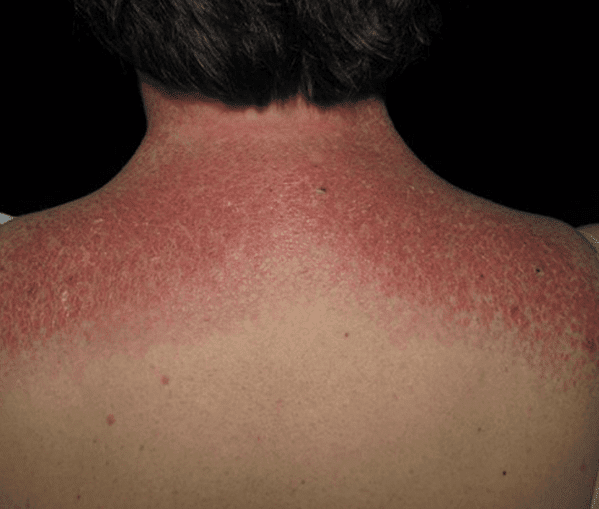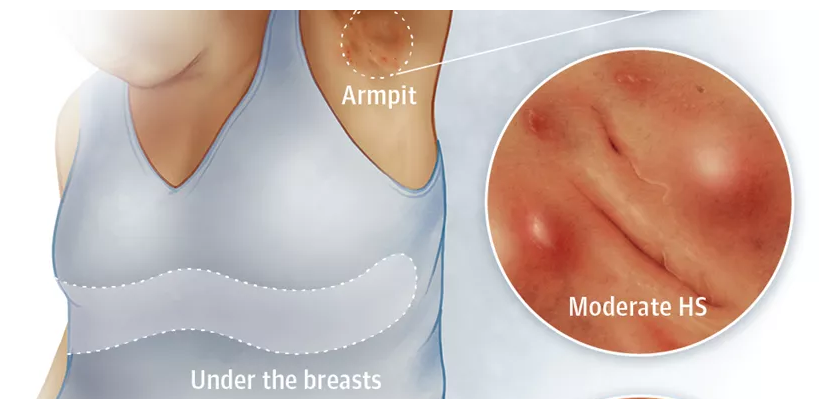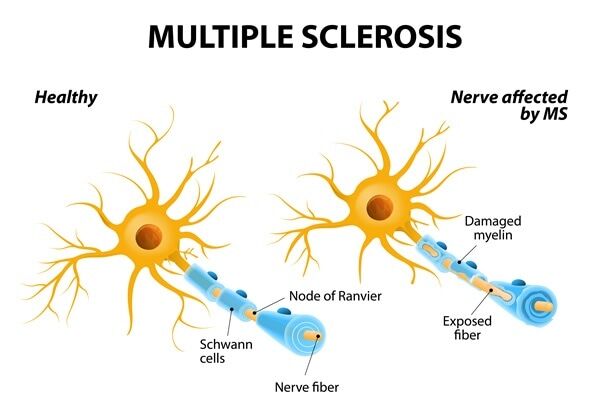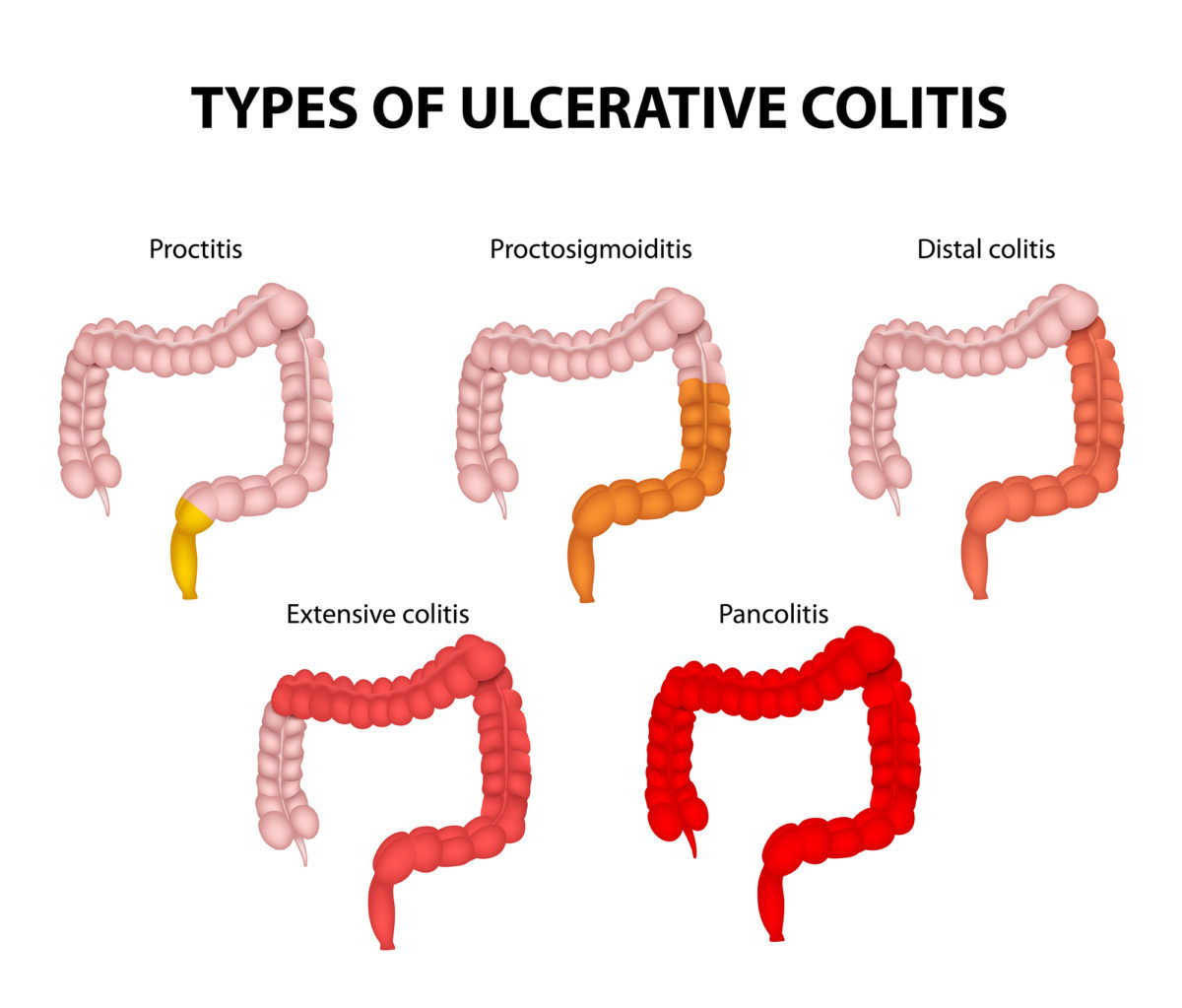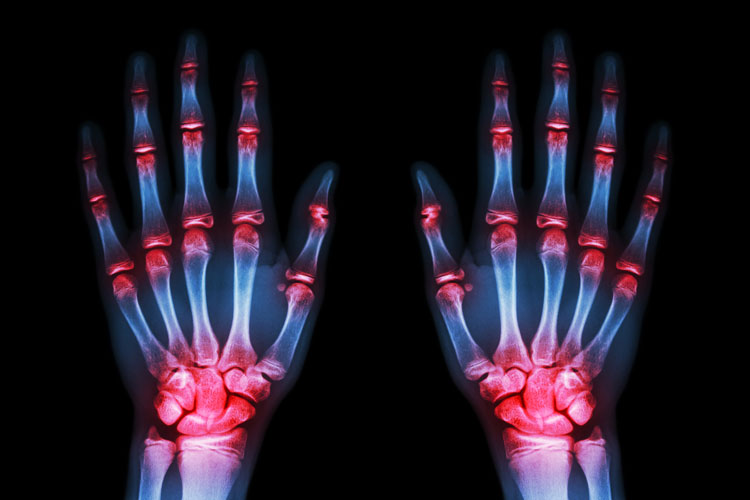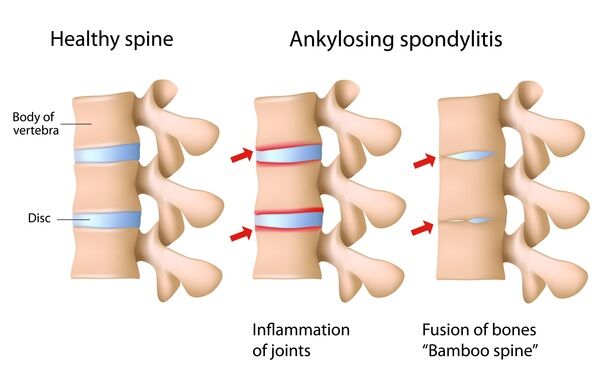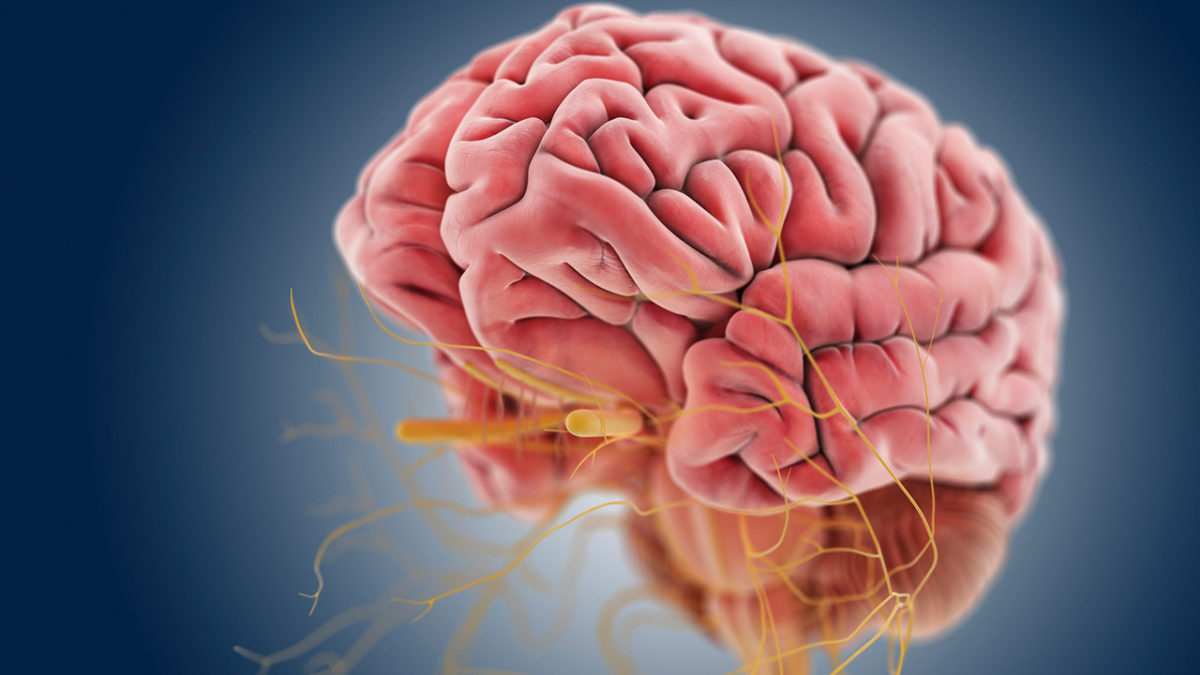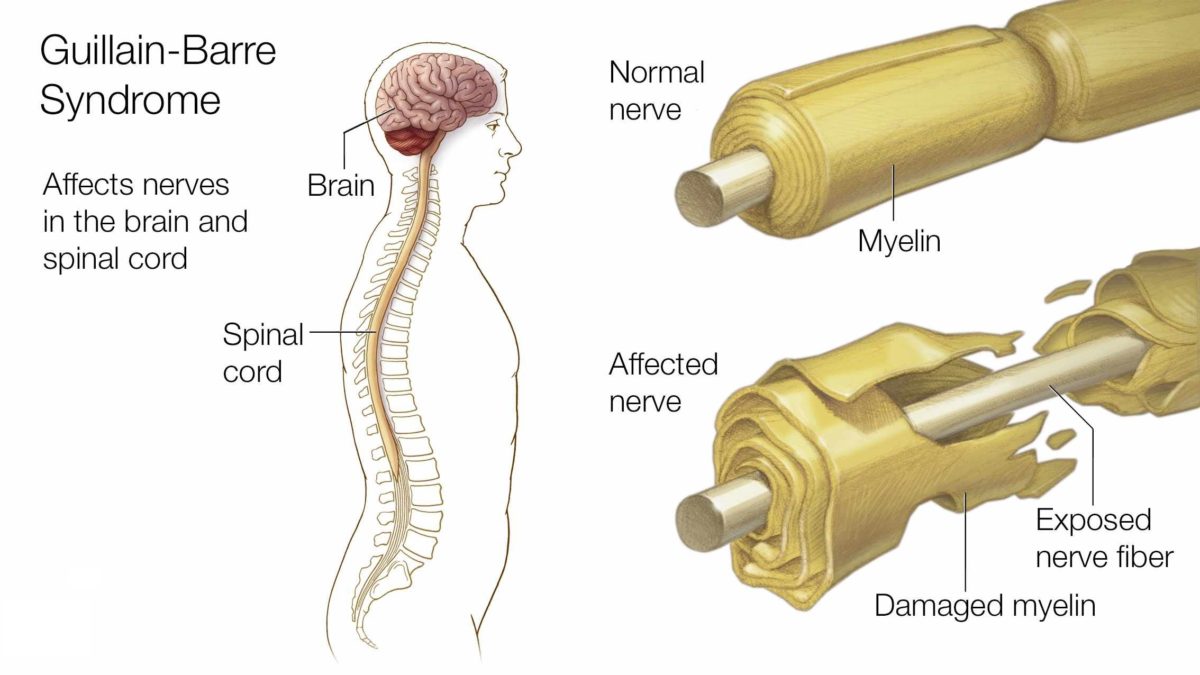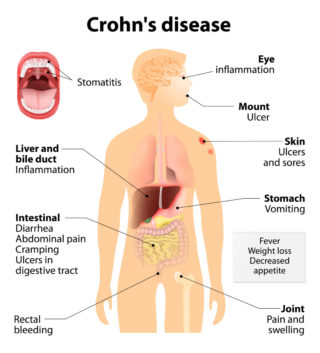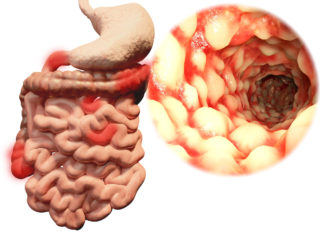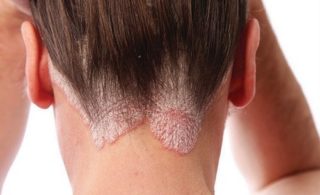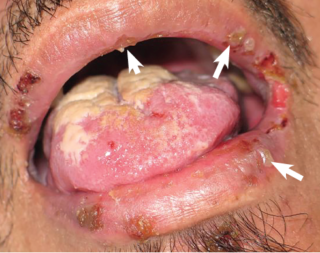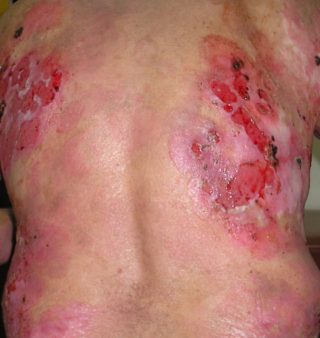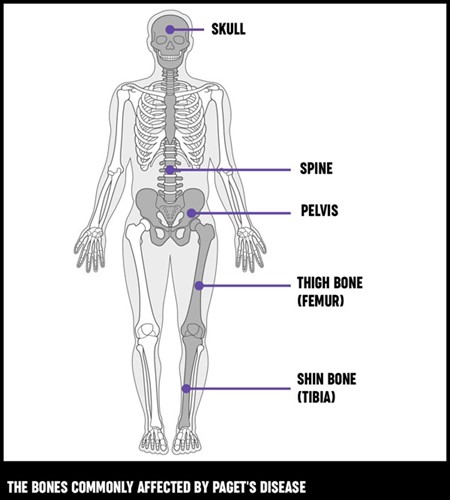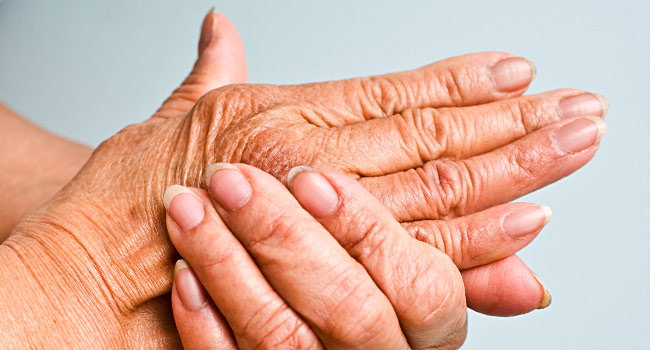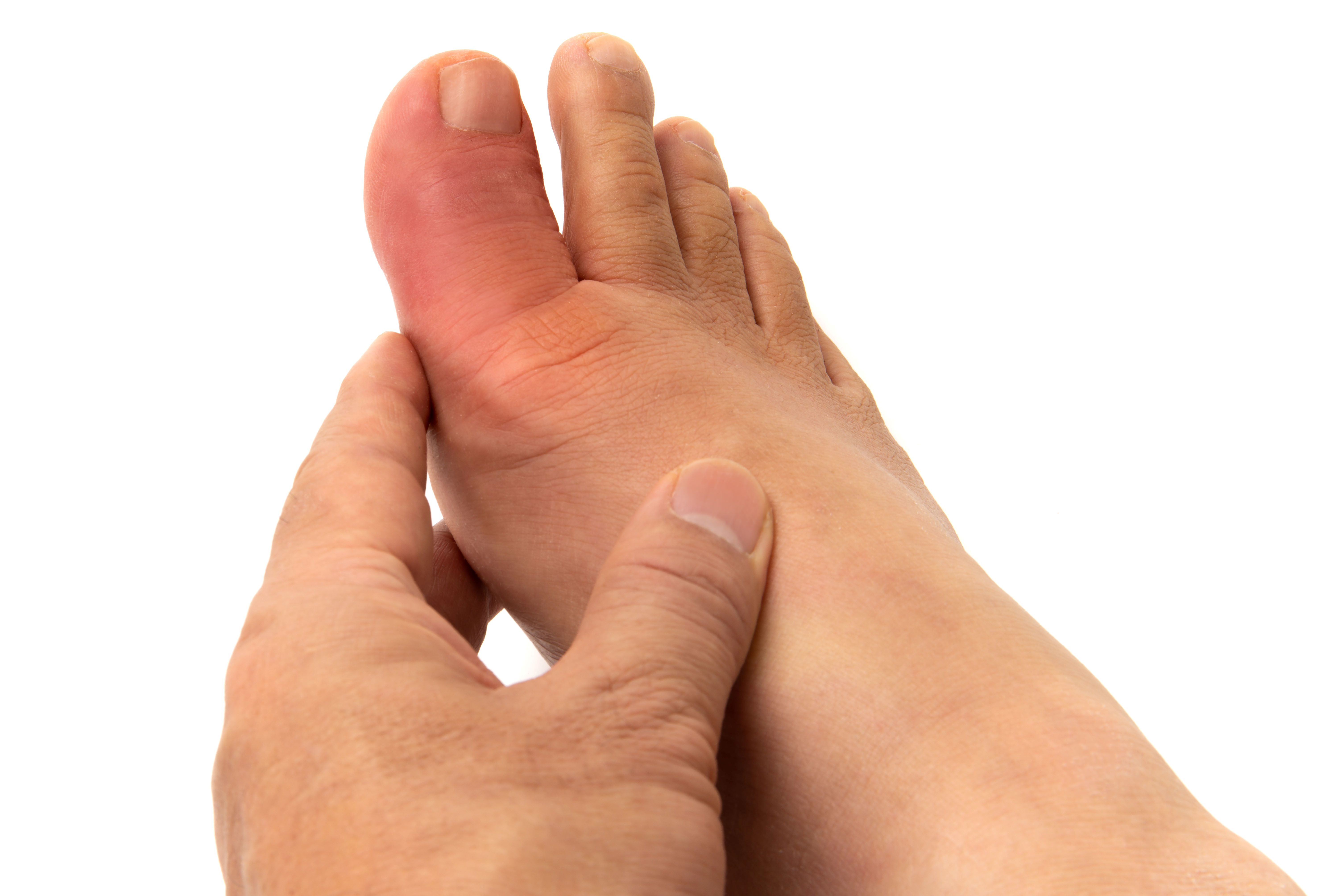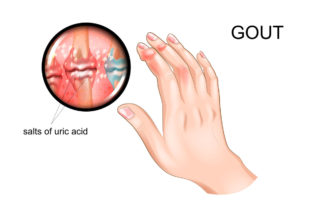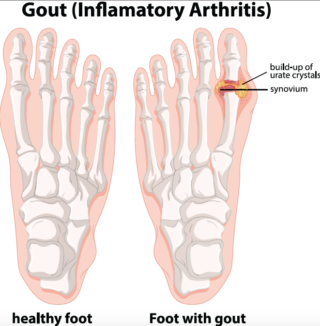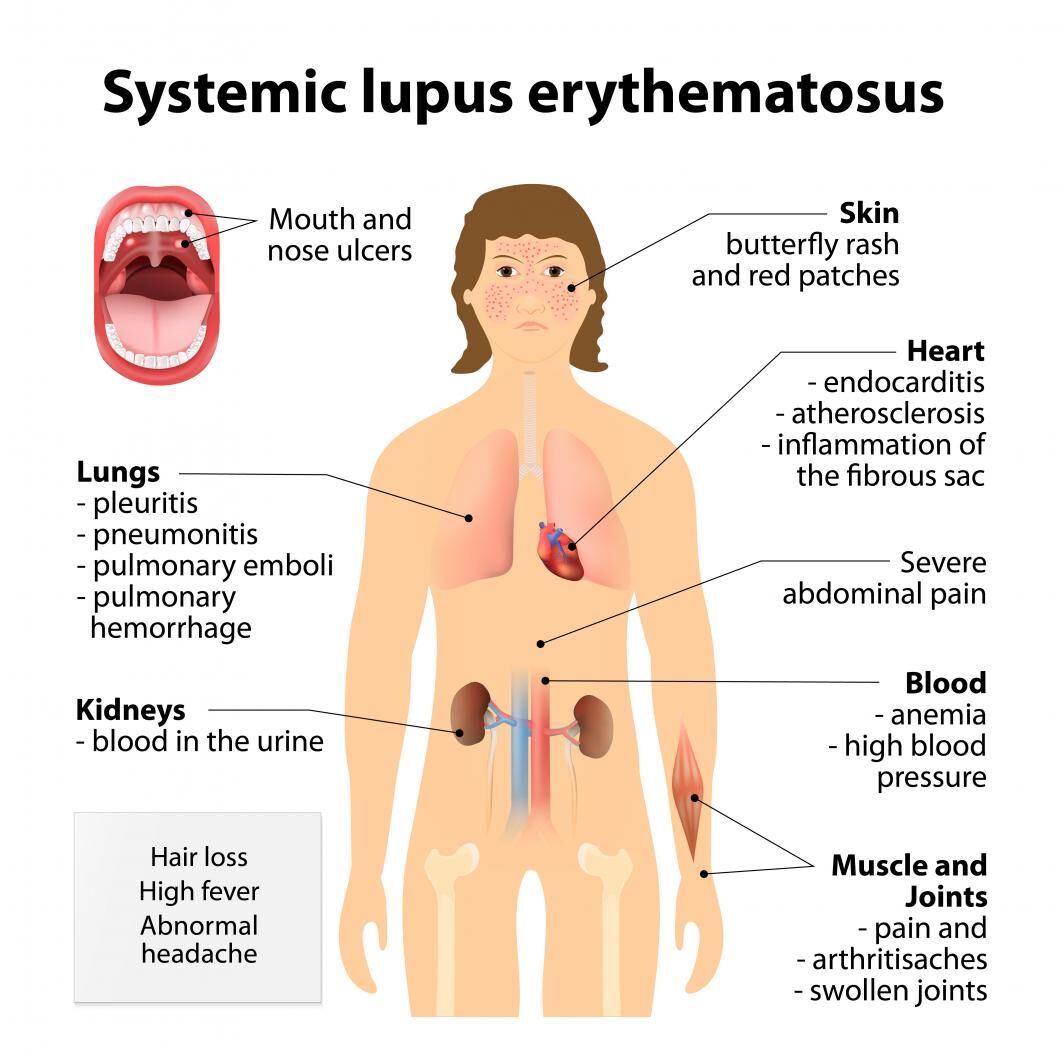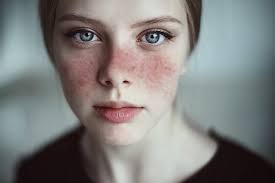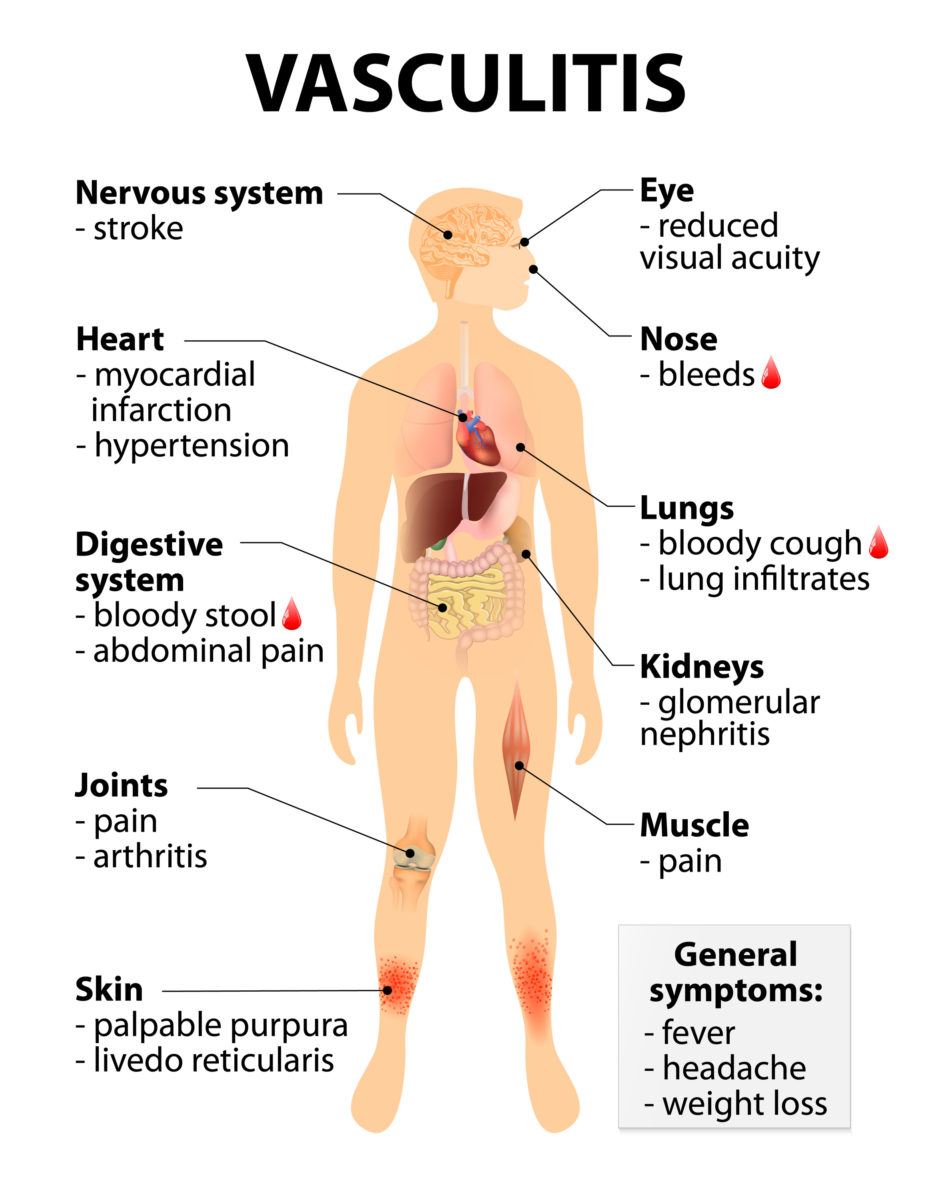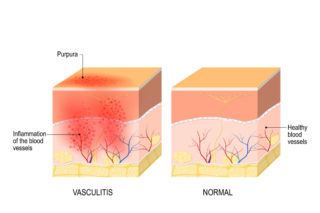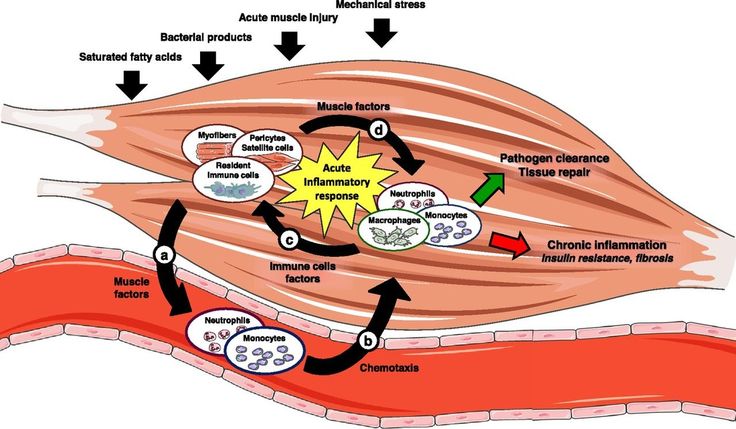SEVERE HIVES
Hives (urticaria) are red, itchy welts that result from a skin reaction and typically appear suddenly. The welts vary in size and appear and fade repeatedly as the reaction runs its course. This is the body’s reaction to certain allergens, chemicals in certain foods, insect stings, sunlight exposure, or medications can all cause histamine release or for unknown reasons.
The condition is considered chronic or severe if the welts appear for more than six weeks and recur frequently over months or years. Often, the cause of chronic hives is not clear. Hives usually cause itching, but may also burn or sting. They can appear anywhere on the body, including the face, lips, tongue, throat, or ears. Hives vary in size (from a pencil eraser to a dinner plate), and may join together to form larger areas known as plaques. They can last for hours, or up to one day before fading.
Severe hives can be very uncomfortable and interfere with sleep and daily activities.

Symptoms of Severe Hives:
Symptoms of chronic hives include:
- Batches of red or skin-colored welts (wheals), which can appear anywhere on the body
- Welts that vary in size, change shape, and appear and fade repeatedly as the reaction runs its course
- Itching, which may be severe
- Painful swelling (angioedema) of the lips, eyelids and inside the throat
- A tendency for signs and symptoms to flare with triggers such as heat, exercise and stress
Diagnosis of Severe Hives:
A physical exam and a series of questions for medical history to determine the if your hives are caused by an underlying problem.
You may also be asked to keep a diary to track:
- Your activities
- Any medications, herbal remedies or supplements you take
- What you eat and drink
- Where hives appear and how long it takes a welt to fade
- Whether your hives come with painful swelling
Treatment of Severe Hives:
Depending on the severity and frequency of your symptoms your physician may treat with home remedies, such as over-the-counter antihistamines. Taking nondrowsy antihistamine pills daily helps block the symptom-producing release of histamine. They have few side effects. For many, antihistamines and anti-itch medications provide relief.
Examples include:
- Loratadine (Claritin)
- Fexofenadine (Allegra)
- Cetirizine (Zyrtec)
- Desloratadine (Clarinex)
AZIV Infusion provides the following biologic injections and infusions in a convenient and comfortable setting for patients seeking treatment for Severe Hives:


